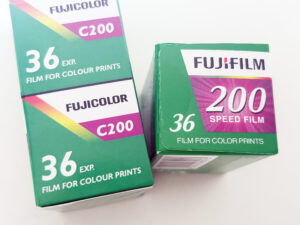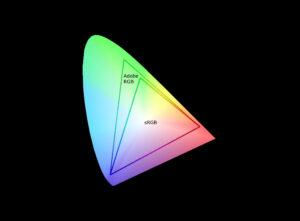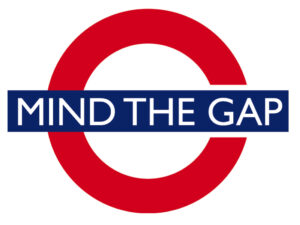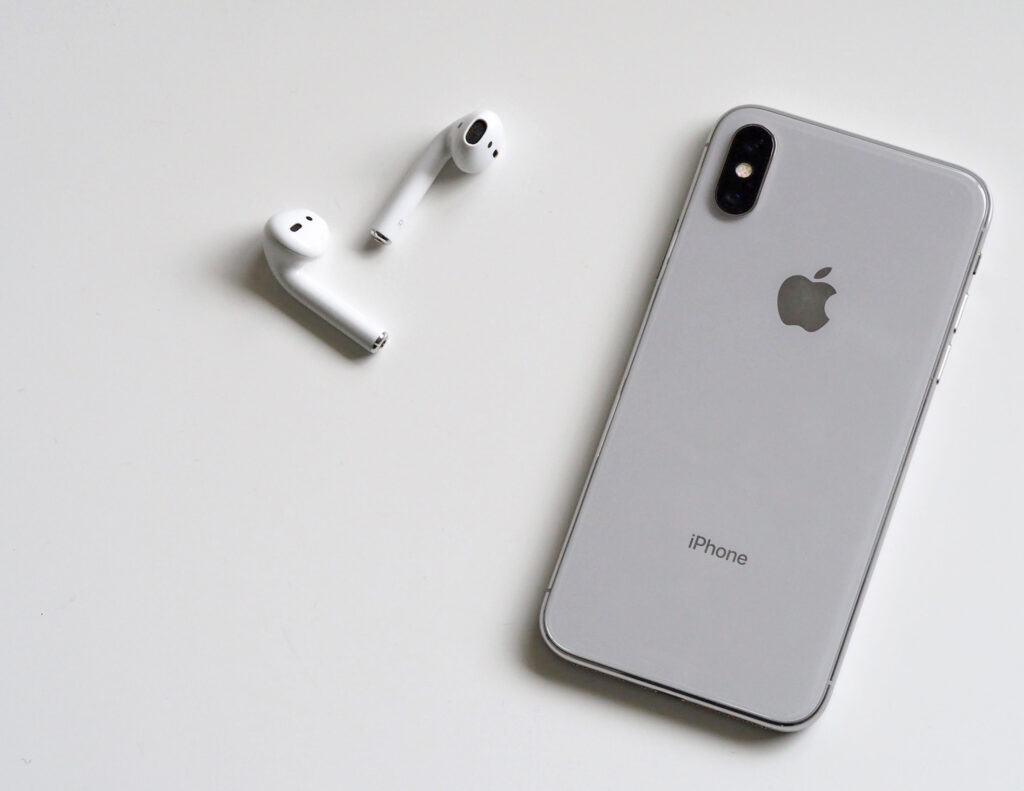Back in February 2023 I selected one weekend where I turned off my phone, unplugged my WiFi router from the internet, shut my tablet in a draw and left the laptop closed. My music at home came from the radio, ads for local businesses included, my TV was only digital free to air – no streaming for me, and I only got to review the news after a walk down to buy a newspaper at my local shopping centre. I didn’t think I could do it. Indeed I’d failed at it in January. But that weekend I managed it and resisted the compulsion to pickup my phone.
I survived a weekend without internet. Without checking Facebook or LinkedIn, without browsing YouTube, without reaching for my phone to check emails. Now, I make One weekend every month where I do this.
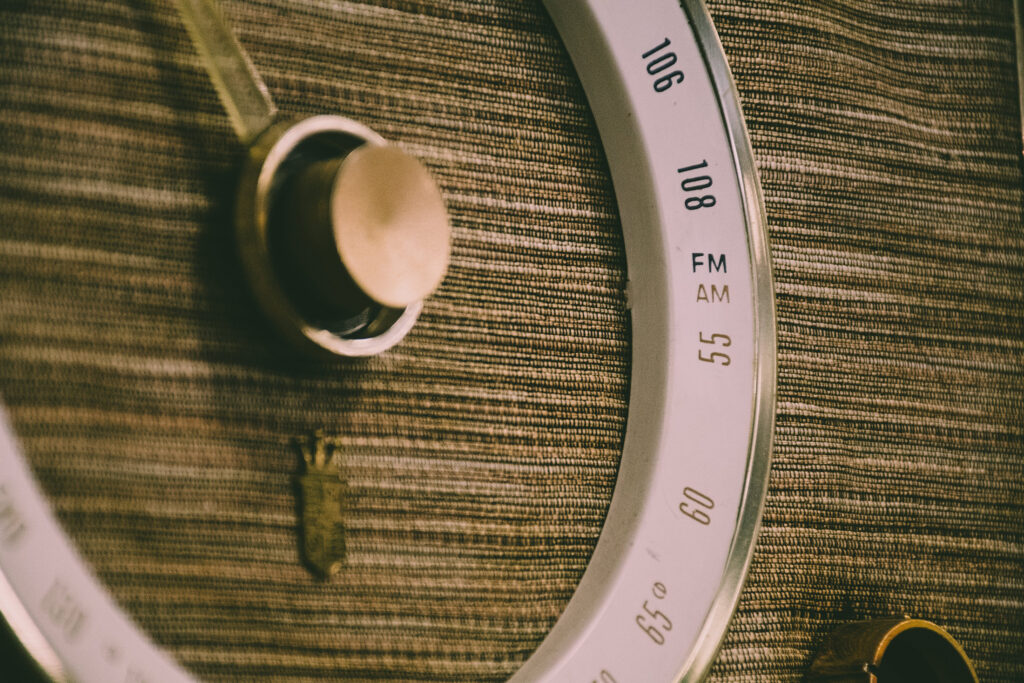
I challenge you to do the same
Disconnect for one weekend. Emails can wait. The world won’t stop turning without you reading about it. There is greater exercise than pressing a like button. There is more joy to be had than the latest YouTube sensations. You can expand your mind and discover a new interest in reading a book – novel or academic. You will feel happier: a digital detox will make you feel happier. Spending more time online can make you feel socially isolated as you have less connection with real humans. Now I’m a gold medal introvert, but even I can’t understand why anyone would want this.
Why do I now choose to have a Digital Detox once a month?
I missed nothing. All the latest posts, work emails and friend updates were there, waiting for me on my commute to the office the following Monday. And they all got better answers, from a more enlightened mind, and I felt more energetic, calmer, creative and ready to contribute more to the week at work than I had in a long time. And I had lost that nagging compulsion we all feel to check for any new messages or ‘review where we are up to’ with something.
A digital detox is a period of time when you intentionally take a break from your digital devices such as smartphones and laptops.

Give it a try yourself, you’ll loose any FOMO induced anxiety, your mind the following week will be clearer, your productivity higher, you’ll sleep better and you’ll find yourself less easily distracted, because you know you can live without needing to reach your phone as soon as it hollers with a notification.
Bill Gates does it
Twice a year, as the CEO of Microsoft, Bill Gates would set aside a week to retreat alone to a secluded wooden cabin hidden within a cedar forest in the Pacific Northwest.
He referred to this period as his “Think Week.” During this time, he would engage in reading for up to 18 hours a day. He believed that reading provided a gateway to the insights of the most intelligent minds in the world, asserting that learning from exceptional individuals is the quickest path to achieving health, wealth, and wisdom.

Charlie Munger, a self-made billionaire and the long-term associate of Warren Buffett, has been quoted saying he has never met a wise individual who wasn’t an avid reader. According to him, there are no exceptions to this observation.
Digital devices are designed to be addictive, keeping us distracted and our brains busy. Unplugging from your devices for a period of time can help you reconnect and refocus.
Take it from me, the unplugged digital detox weekend will seem like a holiday in another country. And you get it for free! Given we can spend up to 3 hours and 15 minutes a day looking at our phone (https://explodingtopics.com/blog/smartphone-usage-stats) then add to this computer time, games console, tablets, and more you suddenly have a lot of extra time on your hands.

Discover the joy of walking to your local shops to buy a newspaper and read it, it seems novel at first. You suddenly have time available to go cycle, take a hike, try a new craft, go swimming in the sea, visit that trendy restaurant you’ve heard about. If you have a family, try it together.

Digital Devices Enslave Us
80% of us check our phones within 15 minutes of waking up. High screen time and the frequent dopamine spikes aren’t great for your brain and can cause:
- Lack of focus and attention span
- Lower productivity
- Brain fog and procrastination
- Poor sleep quality
- Stress and burnout
- Social anxiety (I always have this and doubt it’ll ever go away)
Do you need a Digital Detox?
Chronic FOMO
Social media often creates a sense of connection with others, but this can easily lead to feelings of FOMO. FOMO, short for “fear of missing out,” is a typical sign of phone addiction. It arises from feelings of isolation or being left out, fueled by others’ appearance of constant connectivity.
Experiencing FOMO is detrimental as it distracts from living in the moment. It’s challenging to feel satisfied when you’re perpetually concerned that you’re missing out on something more exciting happening elsewhere, or that others are achieving life milestones ahead of you. If these feelings become overwhelming, it’s advisable to start by reducing screen time, especially on social media platforms.
Brain fog
Brain fog, while not an official medical condition, is a cluster of symptoms that may indicate an underlying issue. Commonly linked as a side effect of contracting Covid-19, brain fog can also be triggered by factors such as stress, anxiety, inadequate sleep, and excessive screen time.
Common symptoms of brain fog include:
- Fatigue
- Mental confusion
- Trouble concentrating
- Short-term memory loss
If you’re experiencing persistent and intense symptoms of brain fog, it often points to inadequate sleep or ineffective stress management, with the blame possibly falling on the array of screens you interact with. Excessive time spent with digital devices can lead to a phenomenon neuroscientists term “digital dementia,” which impairs short-term memory, attention span, and the ability to concentrate—does that ring a bell?
Low productivity
Efficiency isn’t solely about accomplishing tasks rapidly; it’s equally about the satisfaction and positivity derived from progress. Opting for a digital detox is a popular strategy to boost productivity. Considering that the average person in Australia might spend 17 years engaged with their phone, one could envision using that time for numerous other pursuits.
In the workplace, digital gadgets often cause significant distractions. It’s estimated that it takes about 23 minutes to regain full concentration after being sidetracked, given that our brains are wired to focus on one task at a time. This frequent disruption can create a persistent sense of lagging behind in various responsibilities—professional duties, household chores, or social commitments—with the feeling that completion is always just out of reach. Recognizing that your time is slipping away unproductively, especially late into the night with little to show for it, may indicate the need for a break from digital devices.
Poor sleep
Subpar sleep is a frequent indicator of excessive digital use. Inadequate rest often leads to waking up in a state of confusion and exhaustion, impairing your memory, disposition, and focus. Over time, such effects can significantly disrupt your personal and professional life, as well as your psychological well-being.
Engaging with platforms like TikTok before bedtime exposes you to screen light that tricks your brain into a state of alertness, thus disrupting your natural sleep rhythms. Fortunately, there are various apps, features, and alerts available to help you reduce screen time before sleeping, aiding in the restoration of a healthy sleep cycle.
Easily distracted
If your attention is frequently fractured by the buzz of notifications, the allure of social media, or the ping of emails and texts—or even just one type of digital interruption—it’s an opportunity to reassess your digital habits. On average, people glance at their phones 150 times daily, which breaks down to about once every six minutes. With such constant interruptions, it’s hardly surprising that completing tasks becomes a challenge, or that your memory may falter.
Though it’s unrealistic to eliminate every digital interruption, you can certainly curtail the time you devote to your phone. This is particularly crucial during periods when focused attention and full presence are necessary.
Time for a digital detox?
Embarking on a digital detox will undoubtedly benefit both your mental and physical health.
The first step towards a successful digital detox is to cultivate the practice of organizing your daily schedule. Employing to-do lists and setting firm boundaries on screen time can facilitate a smooth transition and ensure you maintain efficiency in your other tasks.
Ultimately, the essence of a digital detox revolves around consciously putting away your electronic devices and making a commitment to keep them out of reach. This is where my challenge comes in.
So, next weekend, I challenge you, disconnect. The emails can wait. You can go offline from social media for a few days. You can live without Netflix for a single weekend. The world will not stop without you reading about it on your phone.
Embarking on a digital diet is a journey towards a healthier, more balanced life. It’s about making conscious choices and being intentional about how we spend our time. It’s not about completely eliminating digital devices from our lives but rather using them to enhance our lives rather than detracting from them.













